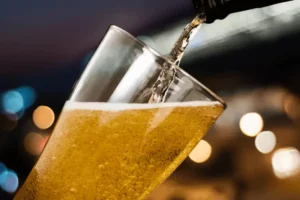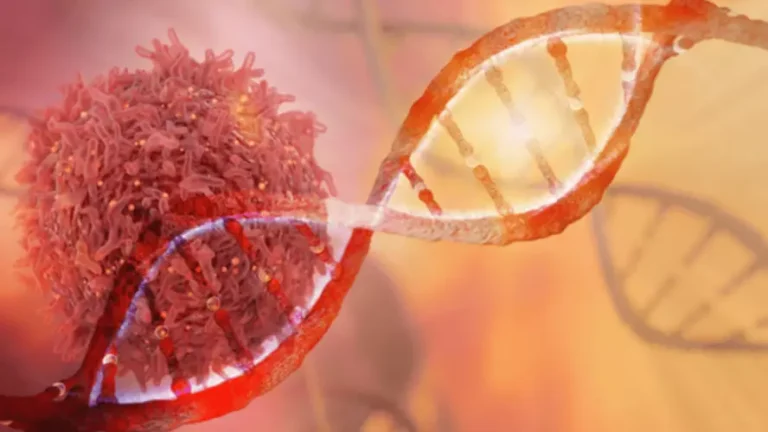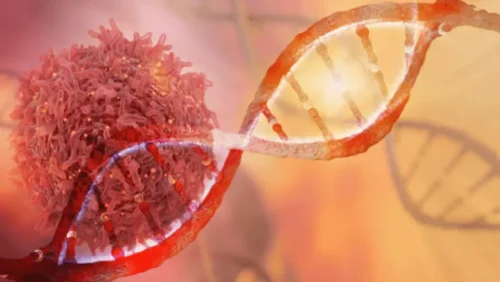Why Some Alcoholics Become Angry, Mean and Aggressive?
Posted by
–

Depending on what you eat or drink and your personal body chemistry, it could produce a rather unpleasant order. A research team at Ohio State is testing a targeted gene therapy approach to treat alcohol addiction. Naltrexone can be used to help reduce binge drinking by blocking the brain’s receptors that trigger euphoria or calmness when you drink. You can expect to hear about more research, debate, and controversy in the near future regarding the potential risks and benefits of drinking, and how much — if any — is ideal.

The Stigma Surrounding Alcoholism
According to a review from 2017, alcohol is more likely to cause personality shifts related to negative emotions, but that doesn’t mean anger is the most common emotional experience while drinking. But why does alcohol make some people mean most of the time, people say whatever comes to mind when drinking without any concern if it’s genuinely how they feel. Alcohol lowers inhibition and makes people feel talkative, extroverted, and emboldened.

Getting Treatment for Alcoholism
Have you ever wondered why some people seem to get tipsy after just one beer? It’s a puzzling situation that often leaves friends and family scratching their heads. For those struggling with alcohol dependence, this phenomenon can be especially confusing and concerning. An alcoholic, when intoxicated, will often feel a sense of grandiosity and entitlement, as if they are better than everybody else. They feel as if they can do no wrong, and it is everybody else who is at fault. Even if you don’t find drinking makes you aggressive, you might find drinking sometimes leads to an argument.
- “Alcohol is involved in half of all murders, rapes, and assaults,” said Robert O. Pihl, professor of psychology and psychiatry at McGill University.
- While alcohol dependence can be debilitating, recovery is possible with the right support, including therapy, medical intervention, and structured rehabilitation programs.
- If drinking alcohol makes you lash out at others and say regrettable things to people you care about, that is a five-alarm warning to stop drinking.
- Support groups and 12-step programs like Alcoholics Anonymous can also provide much-needed help.
The Psychology behind Getting Drunk and Saying Hurtful Things
The longer you stick around to “help” the longer the person will have opportunities to use you, because their world is only about them and ensuring that they get their fix and nothing more, when they are dependent on a substance. Their current job is overwhelming for them; maybe they grew up rough and are suffering from the wounds of childhood. Maybe something traumatic has happened in the recent past, or they are lonely. They will often blame innocent bystanders for provoking them to anger and meltdown into fits of rage over the smallest things because they demand that everything be their way.
Lifestyle tips
- Addressing this issue isn’t just about reducing alcohol-related violence, it’s also about improving public health and safety.
- First, certain neurotransmitter receptors can make people feel more relaxed or sedated, which signals the release of increased levels of the chemical dopamine.
- When the time comes that the alcoholic is ready to enter a treatment program they will participate in a variety of different therapies.
- If you live with underlying anger challenges, for example, it may not be as noticeable when you’re sober because your frontal lobe allows you to manage your emotions and your behaviors.
- The disinhibiting effects of alcohol will shut down any filters you usually put on to put that anger at bay.
You’re not alone in this journey, and amphetamine addiction treatment there’s always hope for recovery and a brighter future. Understanding these types helps identify the level of support or treatment needed for recovery. Once you have distanced yourself and been consistent in showing them that you will not put up with their bad behavior, you can support them from afar by telling them you will help them in their recovery. You must be consistent with refusing to accept poor behavior; this includes emotional and verbal abuse. Walking away is difficult for many targets, but if the addict is hurting you, you must distance yourself. Often these episodes will only escalate as the problems in the alcoholic’s life will only grow worse as they try harder and harder to avoid the root cause.
Chemsex Psychology: Exploring the Mental Health Aspects of Drug-Fueled Sexual…

Changing the labels as suggested by the Surgeon General will require congressional action that may never happen. Supporting a loved one with alcohol dependence requires patience and understanding. You can express concerns without judgment, encouraging them to seek help when needed. Engaging in supportive activities together, like attending social events that don’t revolve around drinking, fosters healthier interactions. Alcoholics often develop a tolerance to alcohol over time; however, when they abstain and then consume even small amounts, their bodies might respond in surprising ways.
Capo By the Sea Leading Provider of Alcohol Addiction Treatment in Orange County
I say this from a place of tough love as someone who used to get drunk, say terrible things, and pick fights with people I cared about. Every sober day is a gift to myself and penance to them for the damage I wrought for so many years. You’re telling them that drinking is more important than your relationship with them, or you are unable to change due to addiction. This clearly shows their drinking is becoming a problem, and they need to seek therapy or addiction support. You might wonder if this person is revealing their true thoughts and feelings, but what’s likelier is that they are uninhibited from the alcohol and speaking from a purely emotional place that may not be rooted in reality.
Feel like you should be drinking less? Start here
In the case of alcohol addiction, withdrawal can be deadly if not medically assisted. Most of these treatments come from the framework of cognitive behavioral therapy (CBT). CBT is a diverse psychotherapy that focuses on identifying unhelpful thoughts and behaviors and creating new, helpful patterns of thinking and feeling. Anger expression may also be confused with aggression or hostility, two consequences of drinking commonly cited in research.

“If you carefully consider the consequences of your actions, it is unlikely getting drunk is going to make you any more aggressive than you usually are,” Bushman added in a statement. People who drive while intoxicated from alcohol and are involved in deadly motor vehicle crashes are more likely to be men than women. Excessive alcohol use increases your risk of developing a disease, getting injured, or dying sooner. Ohio State is a leader in the treatment of substance use disorders in central Ohio. By contrast, another 2023 study found similar rates of death between nondrinkers and light to moderate drinkers. By fostering awareness and compassion, we can create a more understanding environment for those dealing with these challenges.
- Instead of providing relief, alcohol ends up amplifying negative emotions and impairing judgment and impulse control.
- It’s no secret that healthcare costs skyrocket for those frequently engaged in aggressive drunken behavior due to injuries or chronic health conditions stemming from excessive drinking.
- This abrupt and opposing personality shift can be immensely disruptive and lead to violence and ruined relationships.
- The saying ‘you are what you eat’ especially rings true when it comes to body odor.
- There are also individual factors to consider, including past experiences with aggression, personality traits, and personal expectations about alcohol’s effects.
He also said the reaction-time aggression test is a limited way of measuring aggression, as some researchers (himself included) question if participants are really intending to harm the other person in the game. A number of experts have recommended revision of the guidelines toward lower amounts, as more studies have linked even moderate alcohol consumption to health risks. Predictably, the alcoholic beverage industry opposes more restrictive guidelines. For millions of people, it’s a regular part of the dining experience, social and sports events, celebrations, and milestones. And the alcoholic beverage industry is a major economic force, responsible for more than $250 billion in sales annually in the US. The findings counter the long-held belief that the pleasure people experience when drinking alcohol decreases with addiction and that drinking to intoxication is mainly to reduce negative feelings as a form of self-medication.
Leave a Reply